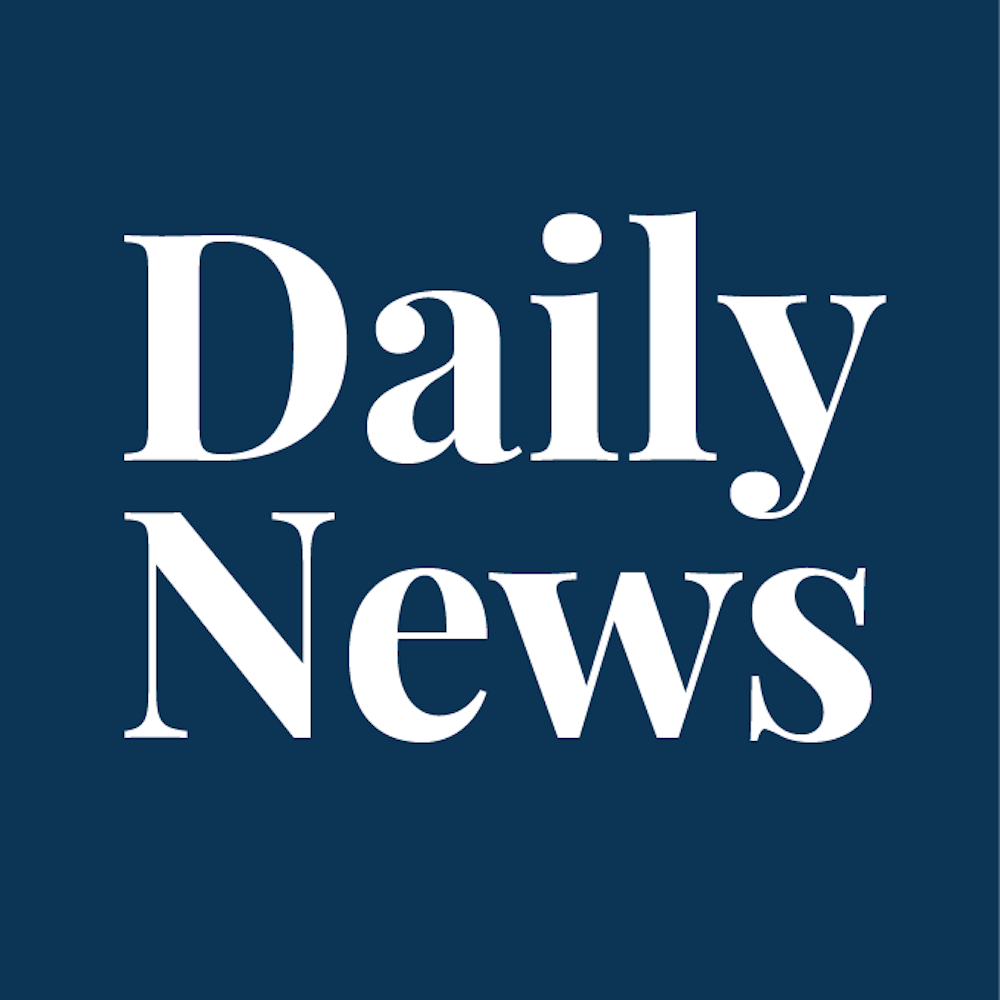AT ISSUE: Conservative students are afraid to speak out about issues on campus.
Universities should exist as a place where everyone — regardless of their political beliefs, religion, ethnicity, race or gender — can speak without fear of ridicule.
But lately, that doesn’t seem to be the case.
Multiple conservative students told the Daily News they stay quiet in classes and on social media out of fear of attacks because of their beliefs. They’ve been called bigots or racists, just for saying they are conservative.
That’s not OK.
If students don’t feel they can talk to a professor because of a difference in political beliefs, the university has failed in its mission to "turn entrepreneurial students into impactful leaders." Good leaders know how to listen, navigate different ideas to choose the right course of action and how to get along with people of different beliefs and backgrounds.
When conservative students feel they can’t hold rallies on campus or speak out in class because they fear they would be threatened, that's a problem. Universities ought to serve as ground zero for the marketplace of ideas, where people of various backgrounds can freely exchange thoughts, with the best ideas rising to the top through civil, vigorous public debate.
Newspapers, including the Daily News, serve as a forum for differing viewpoints. And if we aren’t fulfilling that role, we’ve failed.
How can anyone learn to tolerate beliefs different from their own if the only students who share their opinion openly on campus are liberals?
Matthew Woessner, a political science professor at Penn State who studies this issue, said having such a left-leaning campus can damage liberal students, because they often go unchallenged as the majority. Conservative students may need more courage to speak out, he said, leaving the liberal voice very visible.
“Conservative students benefit from hearing an alternative world view,” Woessner said. “But liberal students hear mostly a liberal point of view, so it doesn’t give them a chance to sharpen their minds intellectually and … understand other points of view.”
Overall, Woessner said conservative students have more of a burden when it comes to proving they aren’t intolerant of others, but intellectually, liberal students have a disadvantage because they don’t have to justify their beliefs to anyone.
Ball State claims it wants to improve diversity — diversity in race, that is. Students’ political leaning is an aspect of diversity often overlooked, even in newsrooms like The New York Times.
At the Daily News, we understand we’re part of the problem on Ball State’s campus and we’re working to change that.
Over the past month, we took part in a national survey about confidence in the news. It helped us see what our weak areas are, and what work we still need to do in order to gain our readers trust.
Almost 30 percent of the 70 respondents said they didn’t trust what they see in the news. Forty-five percent said they generally trusted it.
“When so many news sources lean so (obviously) heavily towards the left on everything, it becomes routine to just feel they probably aren’t giving you all of the information on every story they run,” one respondent said.
Others said they look for obvious bias, a history of accuracy and fairness in the story to see if they trust it.
The survey showed that only 13 percent of respondents identify as conservative. We don’t know if that’s an accurate representation of our readers, but those low statistics are a problem regardless. As a student-run publication, we should aim to represent all students and their beliefs. We exist to serve and represent you.
Let’s be clear — we take it seriously when you tell us we’re too liberal. As a staff, we work to make our coverage unbiased and representative of the student population we’re responsible for covering.





